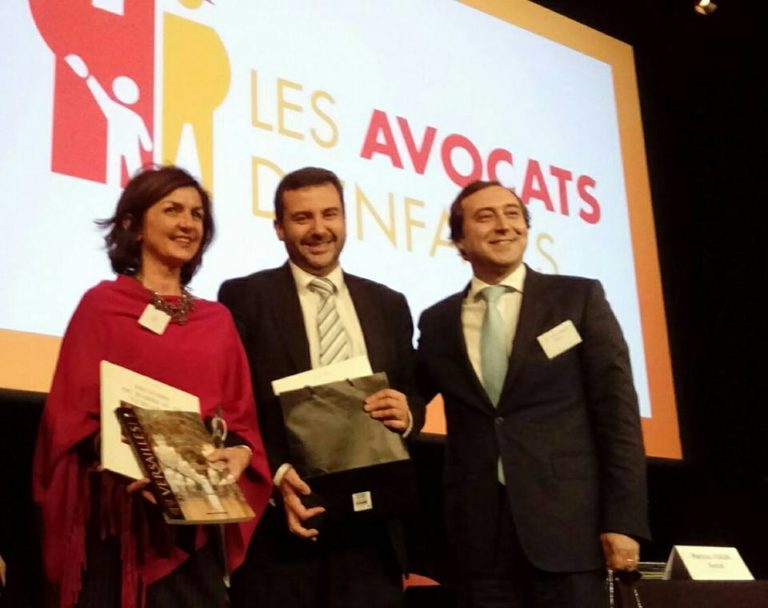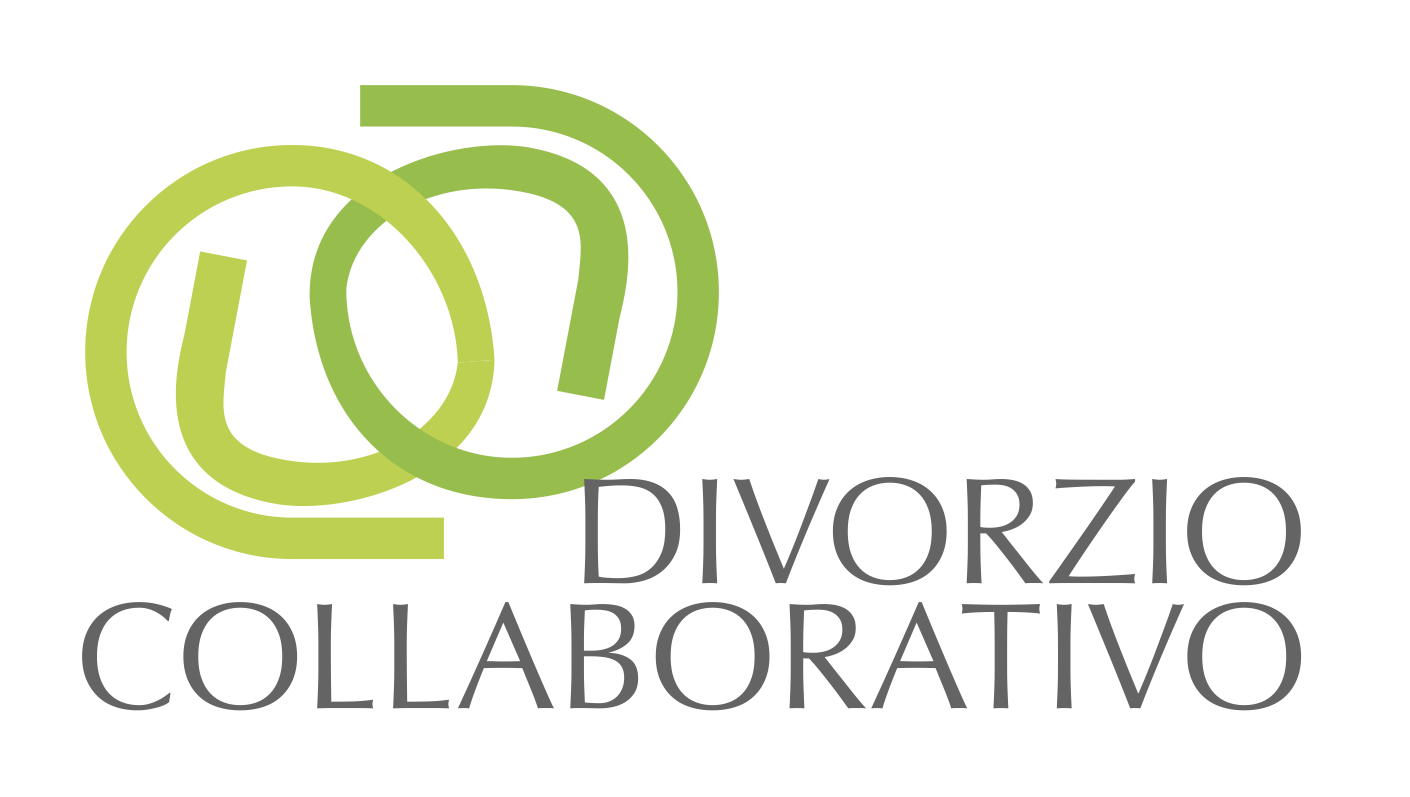 As a Collaborative Lawyer knows well both sides sign a participation agreement to disclose all documents and information that relate to the issues. All participants agree to work together respectfully, honestly, and in good faith to try to find win-win solutions to the legitimate needs of both parties. Both lawyers involve their professional integrity on ensuring voluntary disclosure of necessary information. The special power that Collaborative Law has to lead to creative conflict resolution seems to happen only when the lawyers and the clients are all pulling together in the same direction, to solve the same problems in the same way. If the lawyers can still consider unilateral resort to the courts as a fallback option, their thought processes do not become transformed. Only when everyone knows that it is up to the four of them to think their way to a solution, or the process fails and the lawyers are out of the picture, does the special amazing creativity of collaborative law get spread. The moment when each person realizes that solving both clients’ problems is the responsibility of all four participants is the moment when the impossible can happen.
As a Collaborative Lawyer knows well both sides sign a participation agreement to disclose all documents and information that relate to the issues. All participants agree to work together respectfully, honestly, and in good faith to try to find win-win solutions to the legitimate needs of both parties. Both lawyers involve their professional integrity on ensuring voluntary disclosure of necessary information. The special power that Collaborative Law has to lead to creative conflict resolution seems to happen only when the lawyers and the clients are all pulling together in the same direction, to solve the same problems in the same way. If the lawyers can still consider unilateral resort to the courts as a fallback option, their thought processes do not become transformed. Only when everyone knows that it is up to the four of them to think their way to a solution, or the process fails and the lawyers are out of the picture, does the special amazing creativity of collaborative law get spread. The moment when each person realizes that solving both clients’ problems is the responsibility of all four participants is the moment when the impossible can happen.
There are no guarantees that one’s rights will be protected if a participant in the collaborative law process acts in bad faith. What is different about collaborative law is that the collaborative agreement requires a lawyer to withdraw upon becoming aware his/her client is being less than fully honest, or participating in the process in bad faith.
For instance, if documents are altered or hidden, or if a client is deliberately delaying matters for economic or other gain, the lawyers have promised in advance that they will withdraw and will not continue to represent the client.
Since 2014 Italian people and lawyers can use negotiated process of divorce without going to court. The legal discipline considers a preliminary agreement (as a guarantee to stay out of the trial, solving conflict resolution in a negotiated settlement, without specific promise of the lawyer to withdraw if negotiation fails) that should be subscribed, or the process shall be invalid. No formation is required to practice it. Many colleagues ask to sign settlements on divorce issues without subscribing the preliminary convention. The result is that the process could be faster, perhaps cheaper, but surely technically compromised, not fully ensuring by the bad faith of someone.
Any effort by parties and their lawyers to resolve disputes cooperatively and outside court is to be encouraged, but only Collaborative Law is Collaborative Law.



